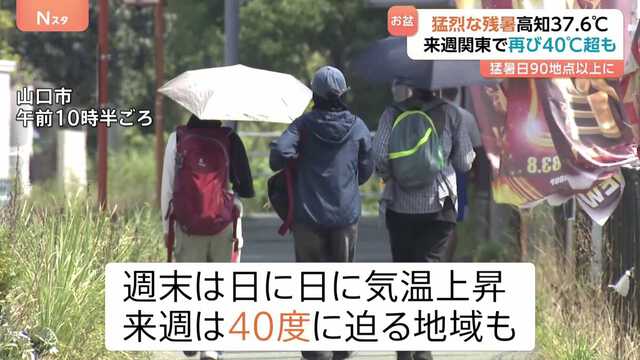Japan expects another intense heatwave next week, with the temperature in the Kanto region, including Tokyo, predicted to approach a sweltering 40 degrees Celsius. The heatwave could potentially create health risks for vulnerable populations, test the capacity of energy infrastructure, and disrupt transportation services. Both residents and visitors are urged to stay hydrated and limit their outdoor activities during extreme heat conditions.
Extreme heatwaves in Japan are typically associated with public health concerns, particularly for the elderly and those with pre-existing health conditions. Measures to combat heat-related illnesses are stressed. It resonates with Japan's responsible and communal society, which prioritizes safety and precaution. The topic of energy consumption may also emerge, affecting discussions about sustainability and energy efficiency.
Just like in the US or EU, devastating heatwaves in Japan lead to urgent public health warnings and crisis management measures. However, Japanese society may potentially exhibit a greater degree of discipline and readiness to adapt to authorities' instructions. Similar to the West, extreme weather conditions in Japan can spur discussions on larger issues such as the global climate crisis.

